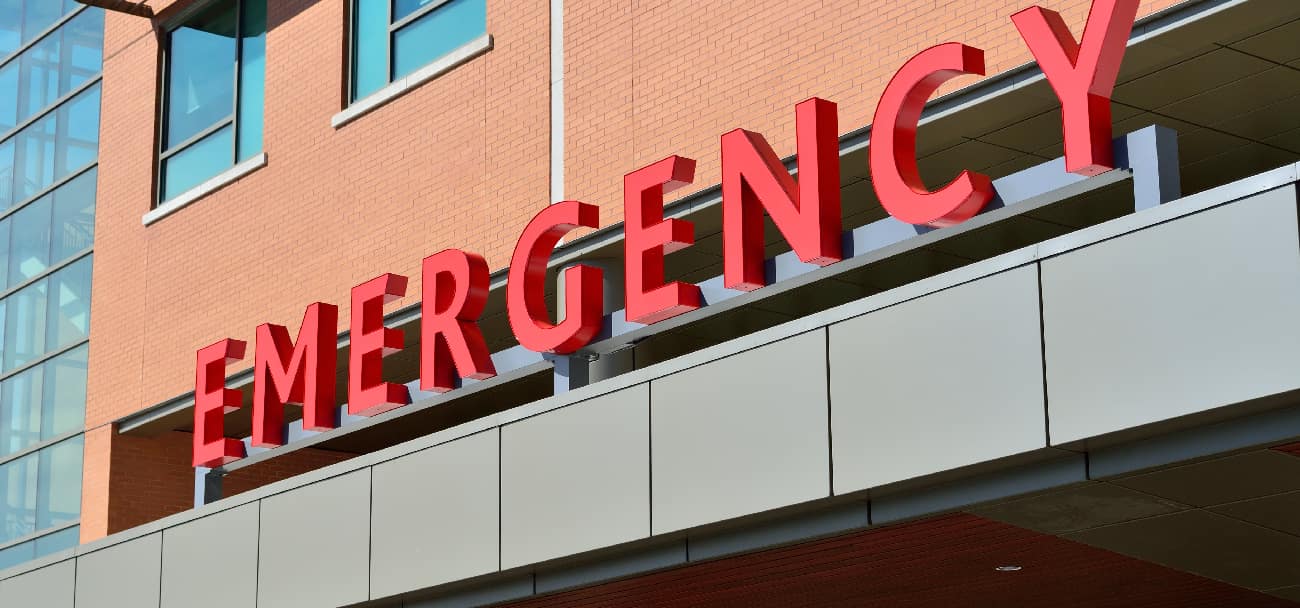The Perilous Waters of Alcoholism
Alcoholism is like being caught in a riptide. It pulls you away from the shore, away from the warmth of the sun, and into deeper, darker waters. It’s a journey marked by dependency, where the body and mind become shackled to the bottle. But what happens when one tries to break free? This leads us to a crucial question: what is delirium tremens?
Alcohol Detox
Detoxification, or detox, is the process of letting the body rid itself of alcohol. It’s the first brave step towards dry land. But, as with any journey, the first steps can be the most treacherous. This is where we encounter the beast known as delirium tremens.
What Happens During DTs?
Delirium tremens is like a tempest in the brain, a severe form of alcohol withdrawal that comes on after a sudden halt in heavy drinking. Imagine a brain, so long soaked in alcohol’s numbing embrace, now forced to face the sobering chill of reality. It’s a shock to the system.
Symptoms can include severe confusion, shaking, hallucinations, and high blood pressure. It’s a psychological and physiological storm, where the sufferer might see terrifying visions or feel an unrelenting sense of dread.
This is not just a bad hangover. DTs can be life-threatening. The body, in its state of shock; it can even experience seizures. The heart races, the fever spikes, and the mind becomes a filled with fear and confusion.

What Is Delirium Tremens: The Storm Within
Delirium tremens is the most severe form of alcohol withdrawal, occurring in approximately 3-5% of those in alcohol withdrawal. It typically emerges 48-96 hours after the last drink but can occur up to 10 days later. It’s characterized by severe autonomic hyperactivity (like a storm’s chaotic winds), including hypertension, tachycardia, hyperthermia, and diaphoresis.
Neurologically, DTs manifest as profound confusion, disorientation, and agitated delirium. Hallucinations – often visual, like seeing non-existent objects or creatures – add to the mental disarray.
Contrasting DTs and Hangovers
In contrast to DTs, a hangover is a relatively mild consequence of acute alcohol consumption. Hangovers involve headaches, dehydration, and nausea, largely due to alcohol’s diuretic effect and its byproducts, like acetaldehyde. It’s the body’s way of saying it’s had too much, akin to choppy waters after a storm.
DTs, however, are more like a tsunami. The risk factors include prolonged heavy drinking, previous episodes of alcohol withdrawal, and a history of seizures. The severity of DTs underscores the profound impact prolonged alcohol abuse has on the brain’s chemistry and functionality.
Treatment and Recovery
Treatment of delirium tremens is a careful navigation involving hospitalization, use of benzodiazepines to mitigate withdrawal symptoms, and addressing co-occurring medical issues. Thiamine supplementation is also crucial to prevent Wernicke-Korsakoff syndrome, a serious neurological disorder. If you believe you are currently experiencing DT’s, it is important to call 911, immediately.
But even in the darkest storms, there is a lighthouse. Treatment for delirium tremens often involves hospitalization, where medical professionals can monitor and stabilize the individual. Medications may be used to ease symptoms, calm the tremors, and guide the sufferer back to a sense of peace.
What Is Delirium Tremens: Getting Help
Recovery from alcohol addictio is not just about weathering the storm; it’s about finding your way back to a life where you are the captain of your own ship, navigating towards a horizon filled with hope and healing. And though the seas may be rough, the journey back is worth it.
Navigate Through the Storm with EagleCrest Recovery
At EagleCrest Recovery in Benton County, Arkansas, we offer a haven of hope and expert care. Our dedicated team provides compassionate treatment and support, helping you navigate the choppy waters of alcohol detox and recovery.
We understand the complexities of delirium tremens and are equipped to guide you safely through this challenging phase. Call today: (844) 439-7627.


